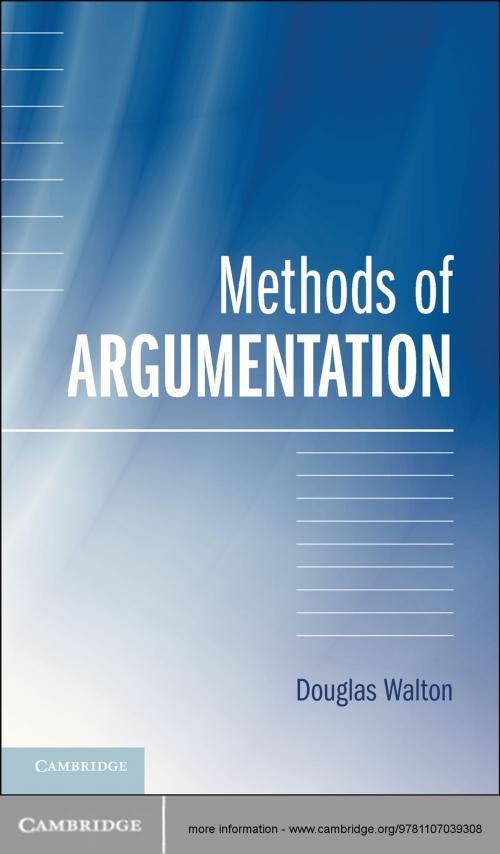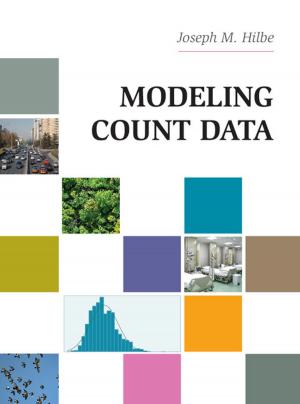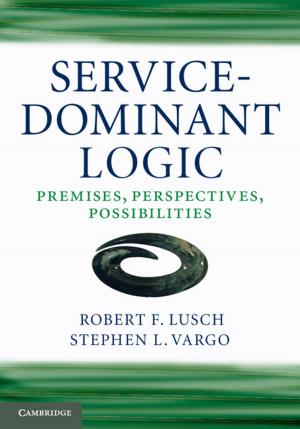Methods of Argumentation
Nonfiction, Science & Nature, Mathematics, Logic, Computers, General Computing, Religion & Spirituality, Philosophy| Author: | Douglas Walton | ISBN: | 9781107424968 |
| Publisher: | Cambridge University Press | Publication: | August 26, 2013 |
| Imprint: | Cambridge University Press | Language: | English |
| Author: | Douglas Walton |
| ISBN: | 9781107424968 |
| Publisher: | Cambridge University Press |
| Publication: | August 26, 2013 |
| Imprint: | Cambridge University Press |
| Language: | English |
Argumentation, which can be abstractly defined as the interaction of different arguments for and against some conclusion, is an important skill to learn for everyday life, law, science, politics and business. The best way to learn it is to try it out on real instances of arguments found in everyday conversational exchanges and legal argumentation. The introductory chapter of this book gives a clear general idea of what the methods of argumentation are and how they work as tools that can be used to analyze arguments. Each subsequent chapter then applies these methods to a leading problem of argumentation. Today the field of computing has embraced argumentation as a paradigm for research in artificial intelligence and multi-agent systems. Another purpose of this book is to present and refine tools and techniques from computing as components of the methods that can be handily used by scholars in other fields.
Argumentation, which can be abstractly defined as the interaction of different arguments for and against some conclusion, is an important skill to learn for everyday life, law, science, politics and business. The best way to learn it is to try it out on real instances of arguments found in everyday conversational exchanges and legal argumentation. The introductory chapter of this book gives a clear general idea of what the methods of argumentation are and how they work as tools that can be used to analyze arguments. Each subsequent chapter then applies these methods to a leading problem of argumentation. Today the field of computing has embraced argumentation as a paradigm for research in artificial intelligence and multi-agent systems. Another purpose of this book is to present and refine tools and techniques from computing as components of the methods that can be handily used by scholars in other fields.















